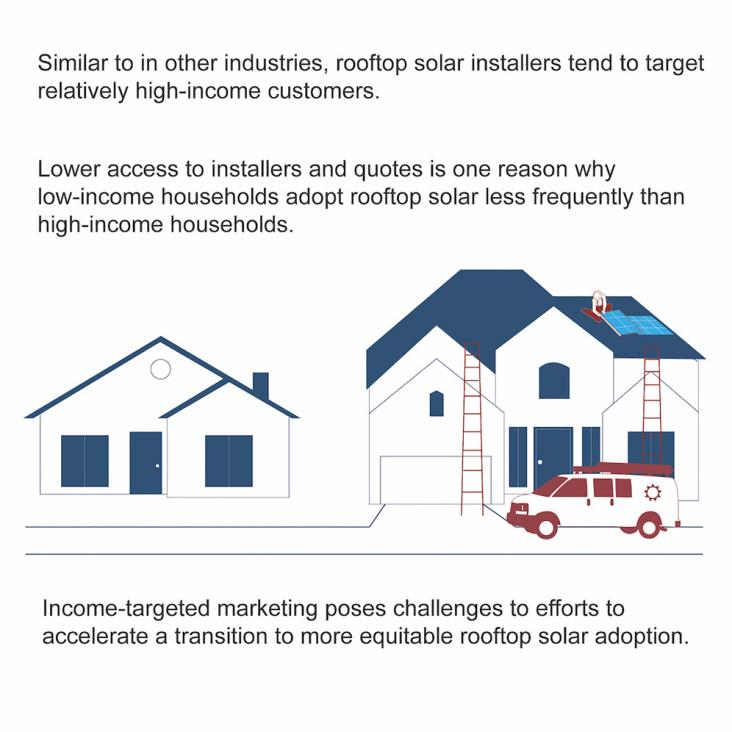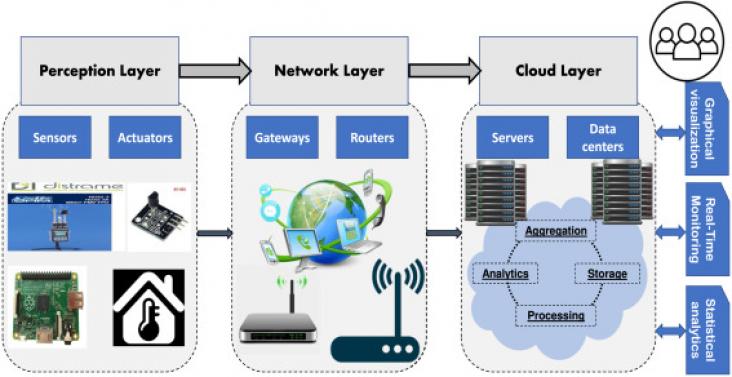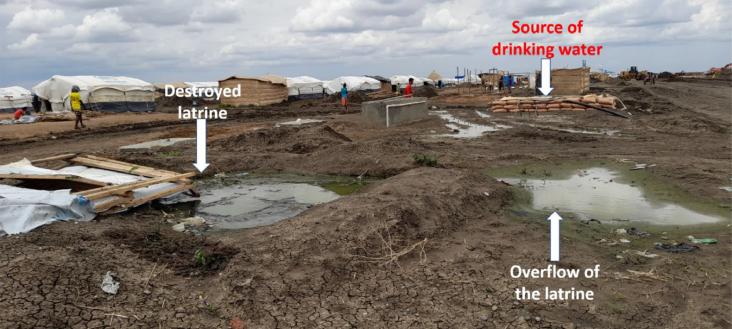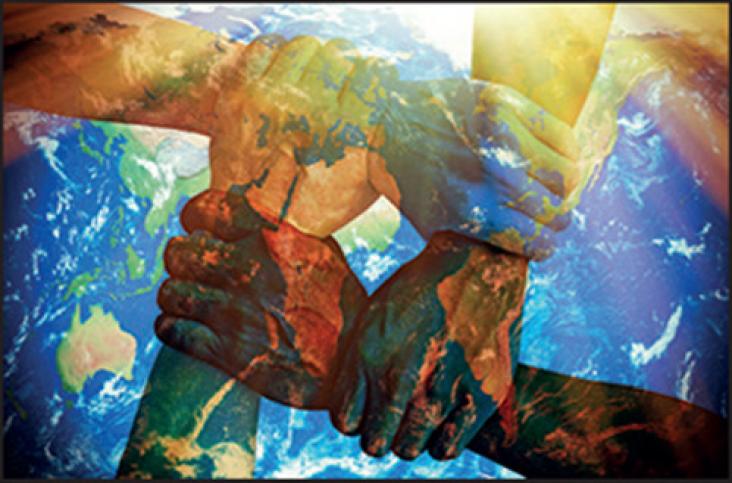This Article supports SDGs 3 and 10, assessing whether people ageing with HIV have more drug-drug interactions than those without HIV, and whether this confers greater risk of hospitalisation.
A population-based genomic epidemiological study examining trends in tuberculosis among Australian First Nations peoples versus non-Indigenous and overseas-born Australians, in the context of SDG 3 and 10.

Low- and moderate-income (LMI) households remain less likely to adopt rooftop solar photovoltaics (PV) than higher-income households.
As careers in science, technology, engineering, and math (STEM) continue to grow, so has attention to Algebra 1 enrollment timing that serves as a critical predictor of STEM success.

Monitoring the thermal comfort of building occupants is crucial for ensuring sustainable and efficient energy consumption in residential buildings.
This Research Paper supports SDGs 5 and 10 by applying machine learning techniques to understand gender-based violence in contexts with low prevalence data, offering insight into factors associated with non-marital sexual violence in India.

Climate change is impacting the life, health, and security of people worldwide with poor communities and displaced populations at particular risk due to lack of awareness and mitigation plans.
Deforestation in Ituna/Itatá Indigenous Land increased 654% between 2018 and 2019. 94% of Ituna/Itatá has been claimed in the Brazilian Rural Environmental Registry. Belo Monte dam and Belo Sun mining project cause land speculation in Ituna/Itatá. Brazilian government policies threaten forest protection and indigenous peoples. Unilateral land tenure regulation would obstruct Indigenous Lands demarcation.
Explores how using Australian First Nations methodology in road safety education could reduce the very high rate of road traffic injuries and deaths among First Nations people.

